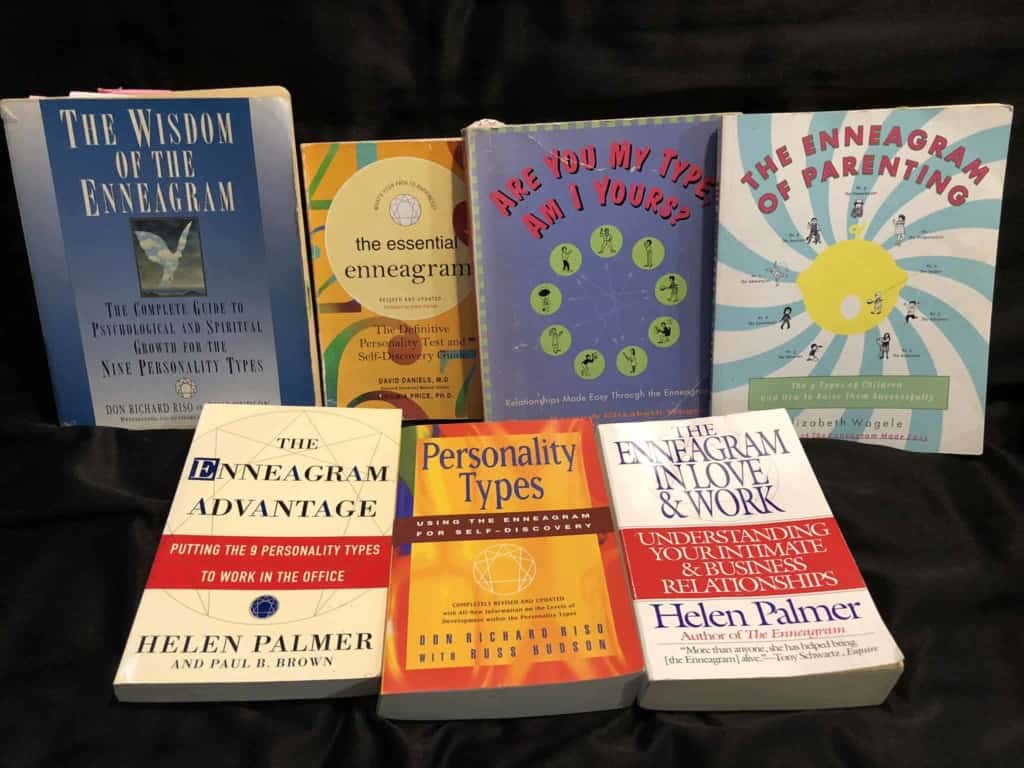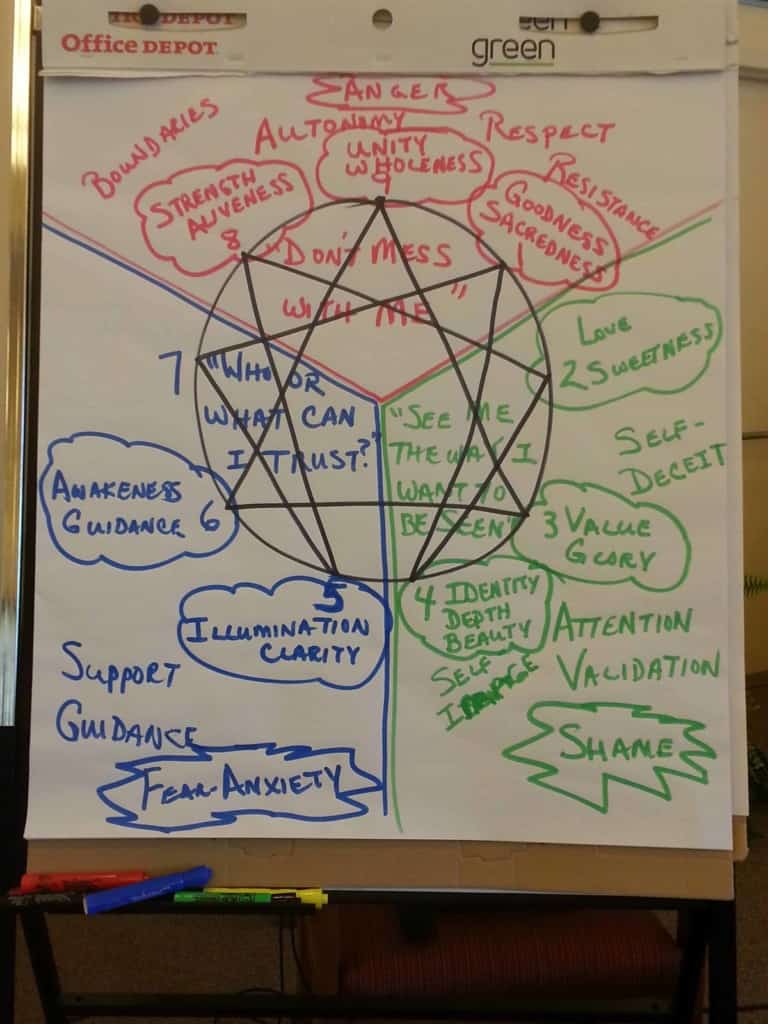Gain insight of different personalities
The Enneagram can help you improve relationships
Mom, look at us now. But you can’t. You died in 2005, leaving behind a fractured family who had avoided each other for 10 years. Ironically, your death brought us together four times in three months. We discovered we liked each other. Since then, my sister Virginia and I, estranged for 10 years, have now lived together or have been in close proximity for the last 13.
Our relationship is easier to maintain thanks to the Enneagram, personality profiles based on brain chemistry. The Enneagram has been around for over a thousand years and has been studied extensively at Stanford University for the last century. There are nine personalities and three triads: thinking triad (5/6/7); heart triad (2/3/4); and instinctual triad (8/9/1).

What we did not know about our mother until later is how her personality type, the Romantic Individualist (4), is the only personality missing high brain chemistry. With medium norepinephrine, low dopamine and serotonin, individuals with this personality can think themselves into a funk, then create drama to raise their brain chemistry into a feel-good high, sinking others into an emotional mess. Our mother could charm others with great finesse, yet keep her daughters spinning away from each other, while favouring the son who was the same assertive jester type as our father, who would joke Mom out of her down moods.
My personality, known as the worrier or counterphobic (6/Loyal Skeptic), rebels against authority and challenges fears. Growing up, the worrier was prominent, then was overthrown by the rebel in my 20s and 30s. With an overbearing mother, my personality lacked the nourishing push to trust my own voice and aims in life. In my 40s and 50s, I developed trust in my own inner authority.

We use the Enneagram with Virginia’s grandchildren, Miss V, Miss M, and Miss A. Our knowledge of their personalities will help them become their best. When Miss V, the Assertive Challenger, tries to control everyone around her, we gently remind her, “Do you like it when people try to control you?” She needs to learn issues are not black and white, to allow others to have their say and their turn leading, to not control others, and to know it’s okay to be vulnerable.
“No!”
“Well, I’m feeling controlled right now. May we try this interaction again?”
When her sister, Miss M, the 3/Performer/Achiever, is determined to win at all costs, she benefits from a gentle reminder on how to win graciously and encourage others to do their best. Now she shares, “Just imagine yourself winning!” Performer/Achievers rarely fail at achieving their goals. Their high dopamine gives them an assertiveness to achieve goals better than any other type. Miss M’s biggest lesson will be to learn she is more than her achievements.
Then there is Miss A, the Adventurer/Epicure. She’ll try anything once to see if she likes it, twice to make sure. Also assertive, this personality type’s driving forces are excitement and novelty. She must learn how to stick with the not-so-fun stuff before it ends up stealing big chunks of fun when she has to do the necessary and less fun things in life.
To determine your personality, borrow Enneagram books from the library or visit similarminds.com where you’ll find a free test.
Watch for possible future articles. If interested in a drop-in Enneagram discussion group, Rusti and her sister Virginia Lehay love talking Enneagram. Email lit@ratcreek.org to express your interest.
Featured Image: Rusti Lehay (far right) went to Mercy Center Burlingame in California with her sister, Virginia, to learn about the Enneagram. | Supplied







